Interested in learning more about how AI can be used to support nonprofit organizations and the critical work they do? Book a call with Nonprofit Megaphone today!
Nonprofit professionals wear more hats than most — strategist, storyteller, fundraiser, and community builder all in one. With time and budgets stretched thin, artificial intelligence (AI) can become your new favorite teammate. It helps summarize reports, predict donor behavior, draft compelling messages, and simplify supporter engagement — freeing your team to focus on what truly matters: people and purpose.
Studies tracking AI’s rise show real productivity boosts and new value in areas like marketing and engagement — think donors, volunteers, and that ever-growing email list.
AI offers nonprofits a way to stretch two of their scarcest resources: time and money. But the real magic happens when you combine the right tools with reliable data and clear intent — because even the most innovative technology still needs a mission-driven human behind it.
Across the sector, responses to AI are mixed. Some nonprofits are all in, others are testing the waters, and many feel too under-resourced to start. Yet one thing is certain: AI is no longer a luxury — it’s a necessity for impact.
The moment is more than a tech trend; it’s a wake-up call for nonprofits and funders. Years of limited funding and short-term priorities have made technology an afterthought.
AI gives organizations a chance to rethink and reinvest, building not just tools, but the people and systems to use them wisely. The challenge isn’t just adopting AI — it’s using it responsibly and strategically to amplify social change.
What Is AI?
AI, a concept dating back to the 1950s, refers to a machine’s ability to think, learn, and communicate like a human. There are two main types: narrow AI and general AI.
We interact with narrow AI every day — it curates social feeds, adds items to grocery lists, powers self-driving cars, and fuels tools like ChatGPT and Google’s Gemini. It’s brilliant at specific tasks but limited in scope.
General AI, meanwhile, remains mostly theoretical. It can learn and adapt like a human, tackling complex problems without direct programming — the stuff of sci-fi legends like HAL 9000 and The Terminator.
In the nonprofit world, AI’s story is far more inspiring. Used thoughtfully, it can amplify human compassion, strengthen fundraising, and help organizations do more good, faster.
Why It Matters: AI’s Promise — and the Risk of Falling Behind
Nonprofits stand at a pivotal moment. AI offers the chance to work smarter, amplify impact, and reclaim valuable time — if organizations are ready to embrace it. Many are starting small with automation and workflow tools that deliver quick wins without overextending limited capacity.
Yet AI’s potential goes far beyond operations. It’s beginning to reshape service delivery and program design — from chatbots offering real-time support to predictive models that help target resources where they’ll do the most good. These innovations demand thoughtful investment but can transform how organizations serve their communities.
As AI becomes woven into daily operations, nonprofits are discovering that efficiency drives innovation — the same tools that save time behind the scenes often open new pathways to impact.
How AI Helps Nonprofits Work Smarter, Not Harder
By taking over repetitive tasks and crunching complex data, AI lets teams focus on what really matters — building authentic relationships with donors and creating lasting impact.
Here are a few powerful ways AI is transforming nonprofit work:
- Donor Analysis: Turning Data Into Actionable Insight: AI can sift through years of donor data in seconds, revealing patterns no spreadsheet could ever show. It helps nonprofits screen potential donors, segment audiences, and even predict giving behavior. By analyzing past interactions and engagement trends, AI can recommend who to reach out to, when to do it, and how to personalize your approach — helping you cultivate stronger, more meaningful connections.
- Social Media: Strengthen Engagement and Reach: AI is already behind much of what you see online — from personalized content to donation prompts. For example, Facebook uses AI to recommend charitable causes to users based on their interests and activity. Nonprofits can use AI tools to plan and optimize posts, write compelling calls-to-action, monitor engagement, and even see what’s working for peer organizations.
- Generative Content: Create and Communicate With Ease: Generative AI learns from patterns in text, images, and video to create new material — and it’s a game-changer for busy communications teams. While you should always add your human touch, these tools can help brainstorm press releases, email campaigns, event scripts, and thank-you messages, or polish existing content for tone, grammar, and impact. Think of it as your creative sidekick — great for ideas, drafts, and edits, but you’re still the storyteller.
- Chatbots: Provide 24/7 Support and Connection: AI-powered chatbots act like friendly digital greeters, ready to help visitors on your website at any hour. They can answer FAQs, guide people to the right pages, share impact stories, or gently nudge a donation — all while collecting valuable insights about supporter behavior.
- Administrative Tasks: Automate to Save Time: AI can take on the tedious administrative work that drains time and energy — from data entry to record updates and report generation. Automating these processes not only saves money but also reduces human error, helping ensure that your fundraising data stays accurate and actionable. AI can even assist in drafting grant proposals, identifying strong phrasing, and aligning your language with funder priorities.
- Event Planning: Streamline Logistics and Personalize Experiences: When it comes to logistics, AI is a multitasking superstar. It can recommend the best dates, times, and venues based on your audience’s preferences, streamline registration and ticketing, and personalize event communications. During the event, AI tools can translate languages in real time, enhance virtual experiences, generate leads, and collect feedback — turning an ordinary event into a seamless, data-driven experience.
- Volunteer Management: Engage and Retain Supporters: Managing volunteers has never been easier. AI can help recruit the right people, match them with suitable roles, assist with onboarding, and keep everyone informed and engaged through automated communication. It can also handle scheduling, track hours, manage expenses, and even send personalized thank-yous or surveys after events — keeping volunteers connected and appreciated.
- Fraud Detection: Protect Donor Trust: AI offers nonprofits an extra layer of protection by monitoring financial transactions and donor data for unusual activity. Machine learning tools can flag suspicious patterns, detect phishing attempts, and spot potentially fraudulent language in emails or online forms. That means fewer worries about cyber threats — and more confidence that your donors’ trust (and data) are secure.
Framing AI’s Value — and Facing Its Risks
When presenting AI’s value to your director or board, frame it not as a shiny new expense but as a strategic investment that strengthens sustainability and impact.
The most significant opportunity lies in viewing AI as a mission multiplier — a tool that reduces burnout, scales services, and deepens community engagement. When leaders connect AI’s potential to outcomes the board already values — efficiency, equity, and measurable impact — curiosity turns into commitment.
Like any investment, AI carries risk. The key is to anticipate, assess, and manage it responsibly. A good first step is to create a simple, organization-wide AI policy to guide use and prevent unintended consequences. Tools like Fast Forward’s AI Policy Builder can help nonprofits get started.
Ultimately, nonprofits must face the risks of AI head-on — because the risks of inaction are just as significant. Organizations that delay adopting new technology fall behind peers who use it to operate more efficiently and reach more people. As The Chronicle of Philanthropy noted after interviews with nonprofit experts and leaders, the widening gap between digitally savvy organizations and those struggling to adapt could determine which nonprofits thrive — and which communities are served.
Yet this challenge also brings opportunity. Nonprofits that lean in — experimenting thoughtfully, investing in data and skills, and keeping ethics at the center — can help shape what responsible innovation looks like for the sector. The goal isn’t to chase every new tool, but to build the readiness, confidence, and culture needed to use AI in the service of something bigger: a smarter, more equitable, and more impactful future for all.
Partnering for Greater Impact
AI won’t replace your mission, your values, or your team’s empathy. But it can free up precious time, sharpen your storytelling, and help you reach the right people at the right moment — if you start small, measure honestly, and build with responsibility from day one. Most importantly, AI can amplify your organization’s impact, much as Nonprofit Megaphone helps mission-driven organizations thrive and amplify their voices through digital tools like:
- Google Ad Grant Management
- Content Creation & SEO
- VisitorEmail for re-engagement
As a Google Premier Partner, we help nonprofits grow visibility and deepen donor relationships — turning data into lasting impact.
By combining data-informed marketing with a heart for impact, we help organizations move beyond simply reaching donors to truly connecting with them — building relationships that fuel lasting change.
Explore our case studies to see how we’ve helped mission-driven teams thrive. Connect with us today to learn how we can help your organization succeed, too.
.svg)


.svg)
.svg)
.svg)

.avif)











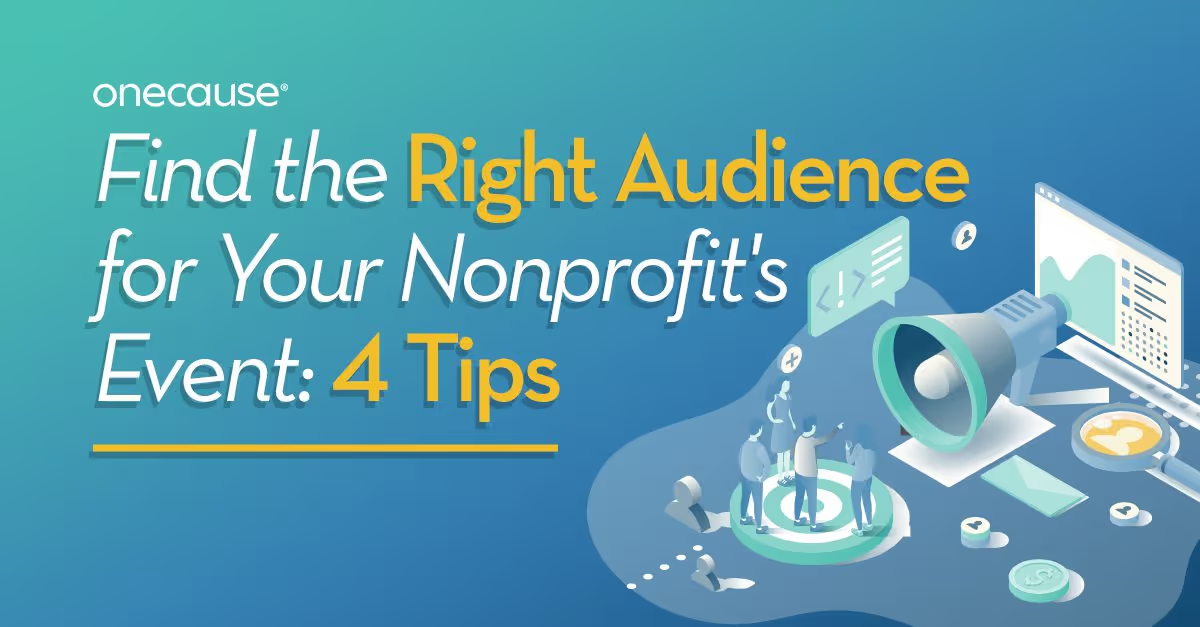
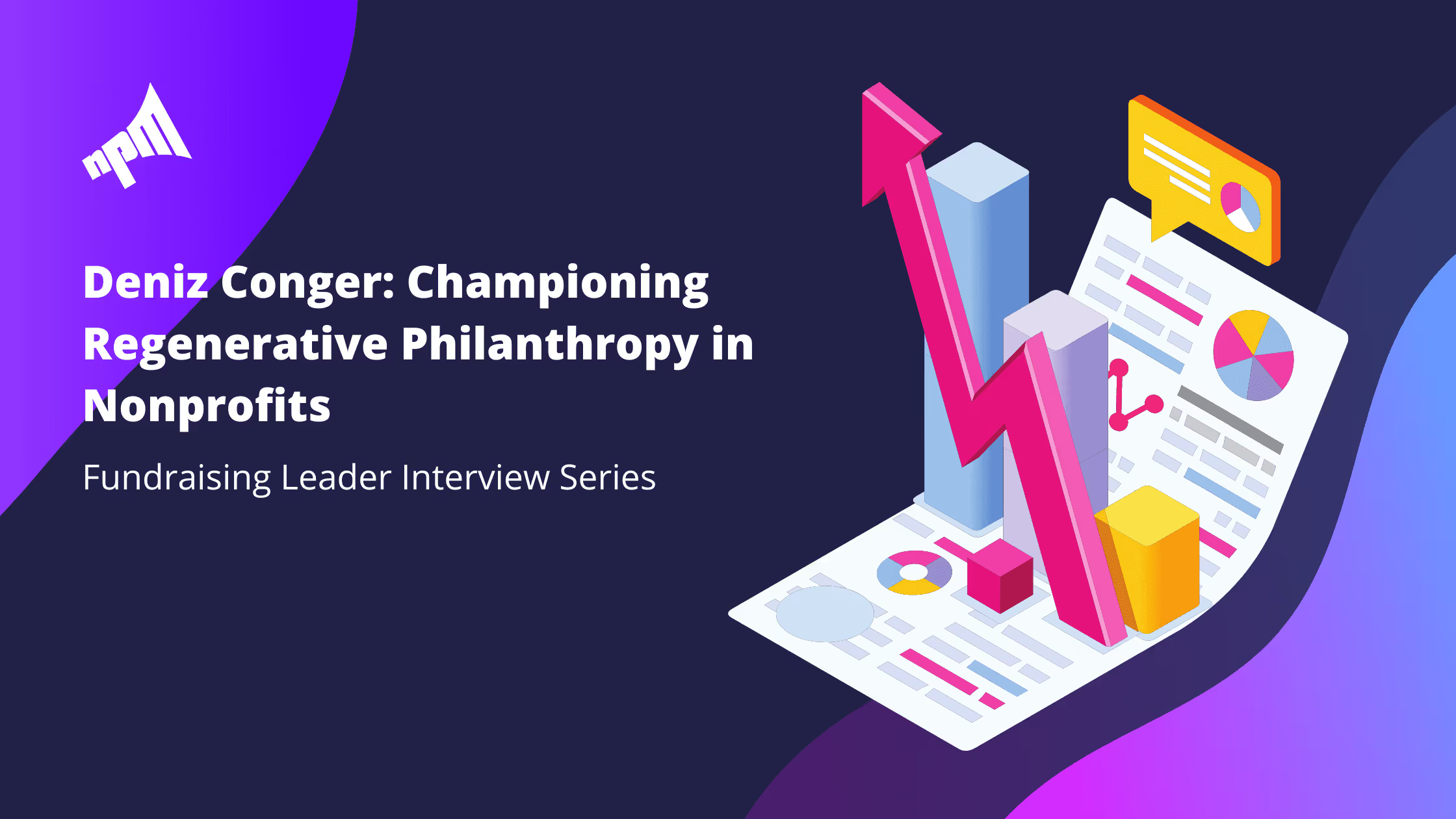

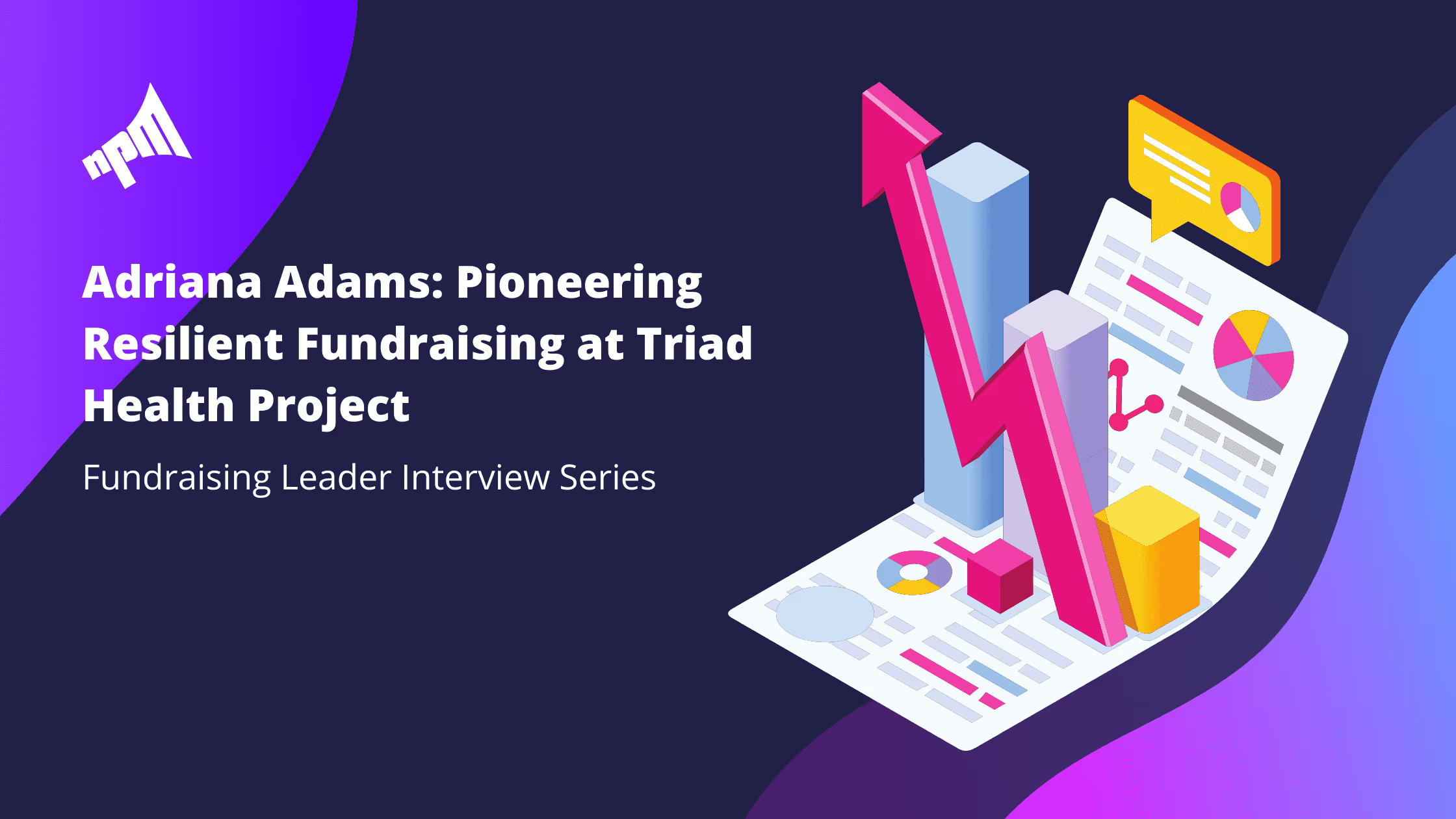





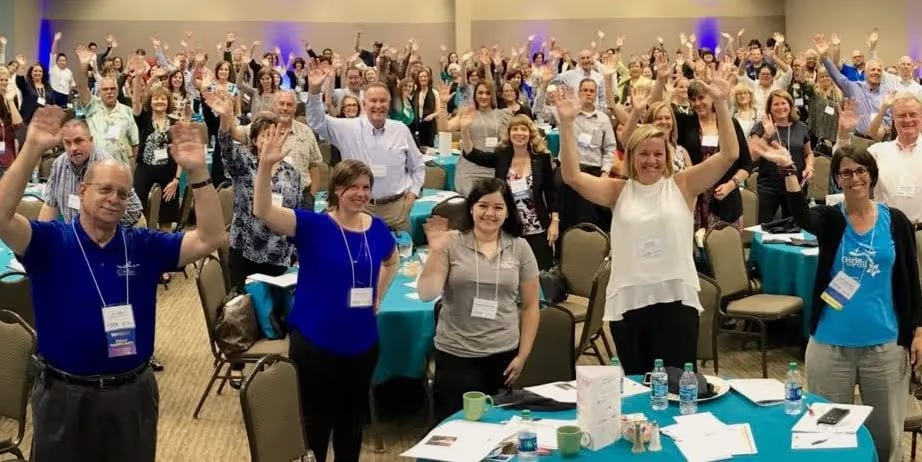





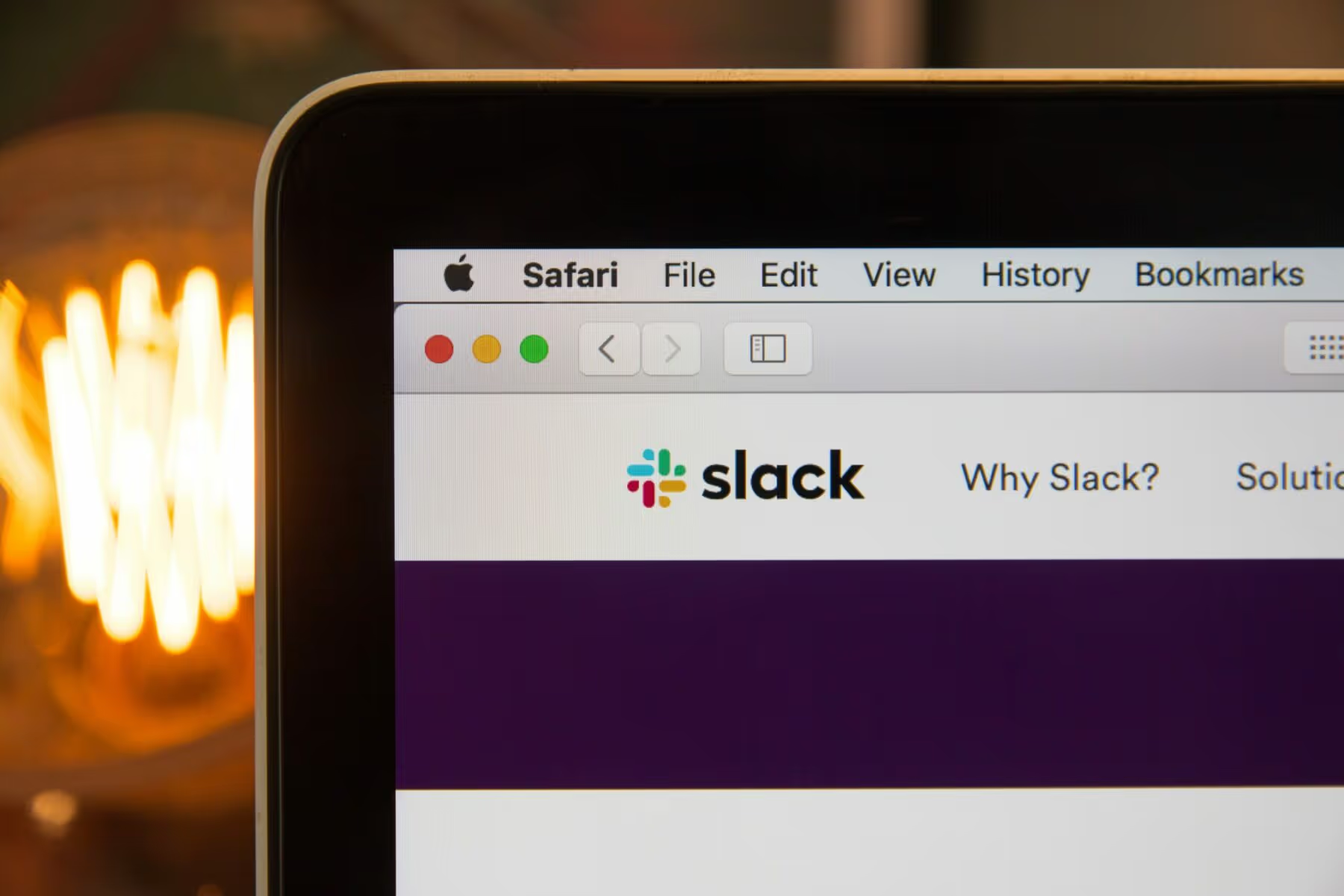










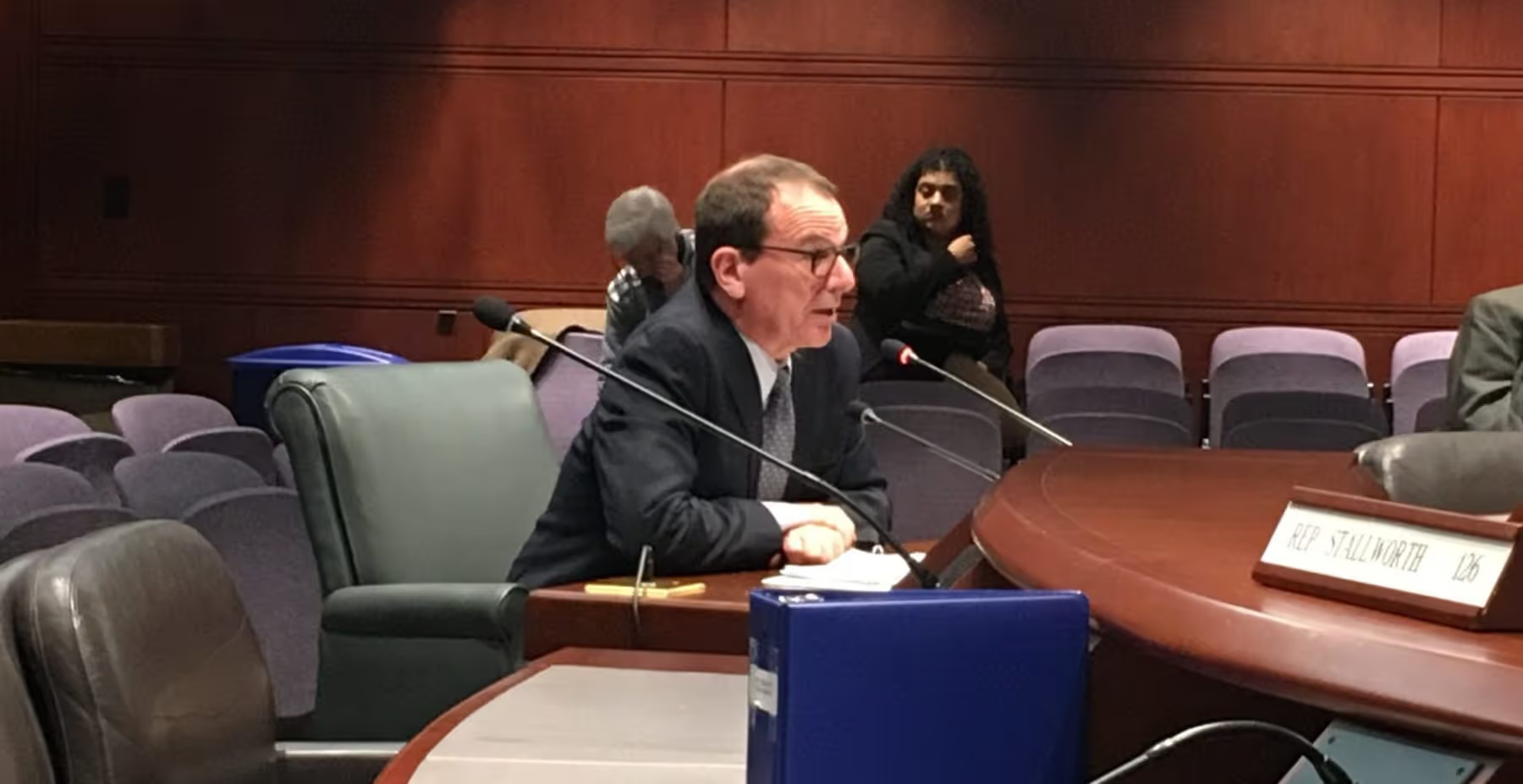

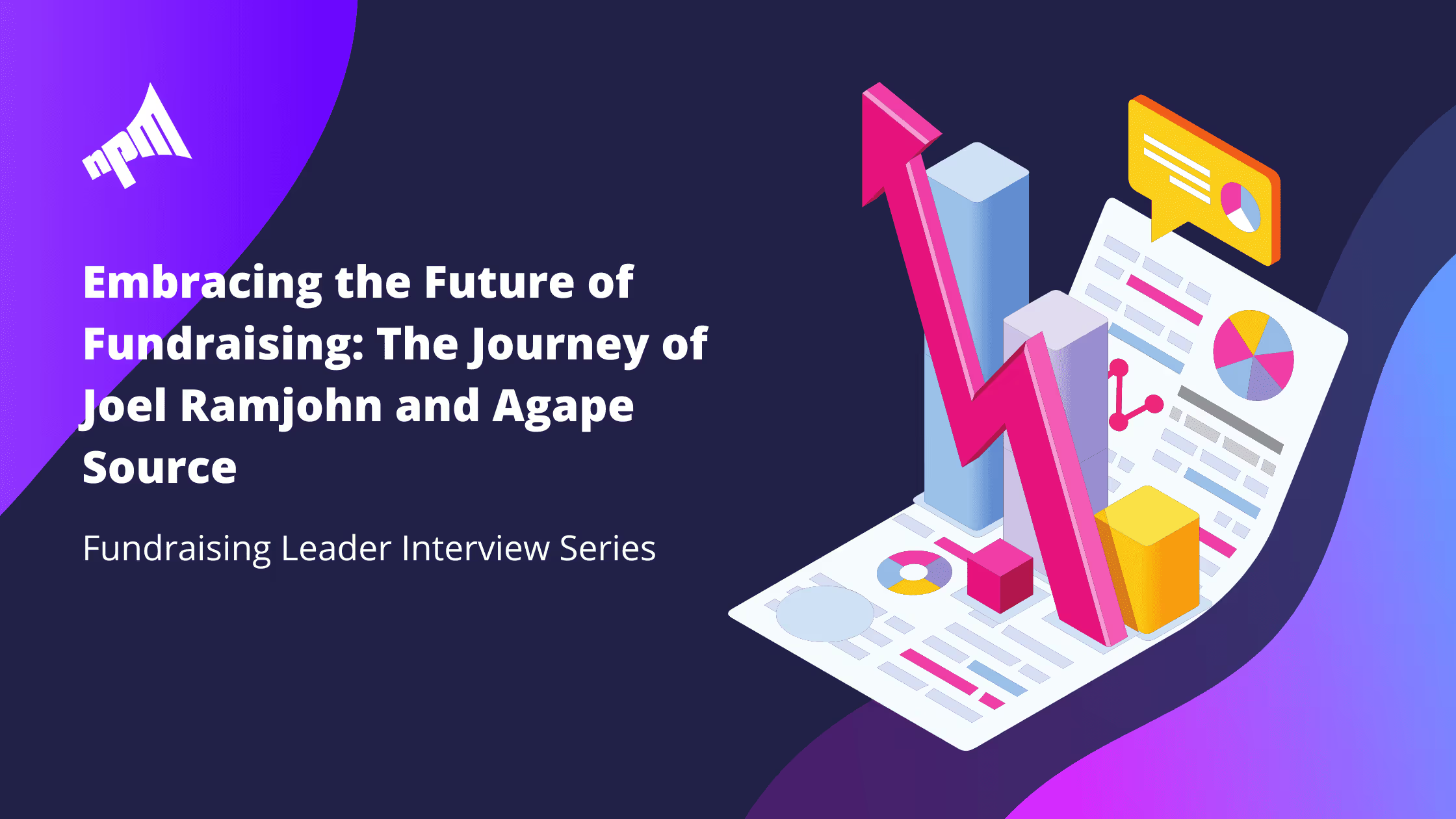














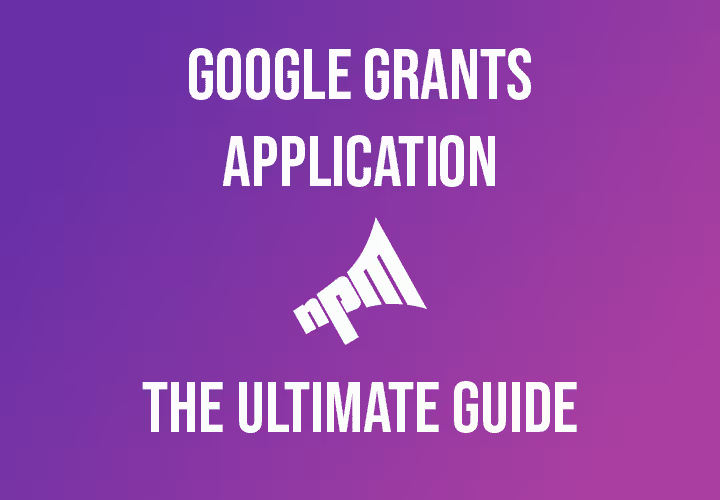






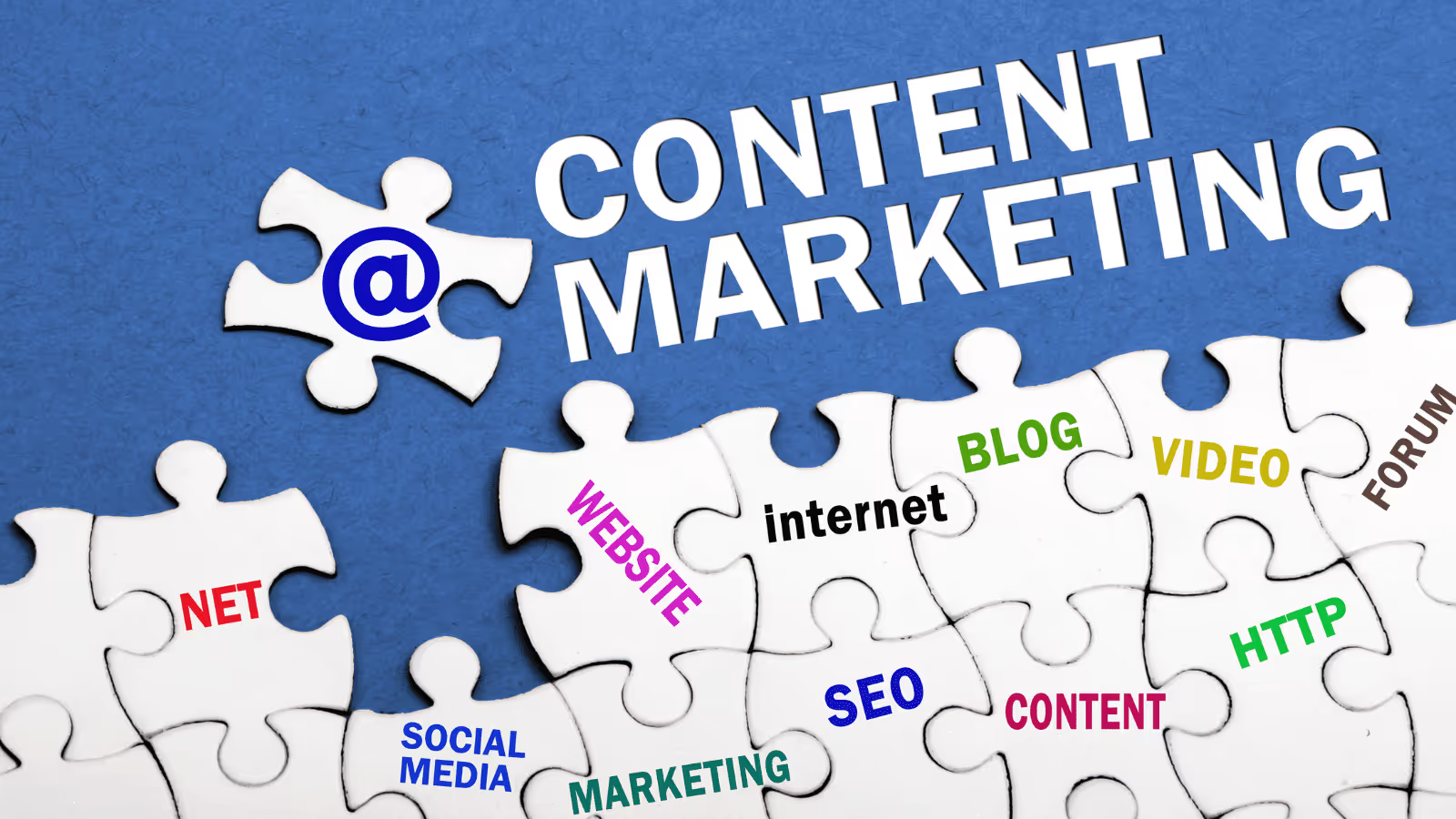

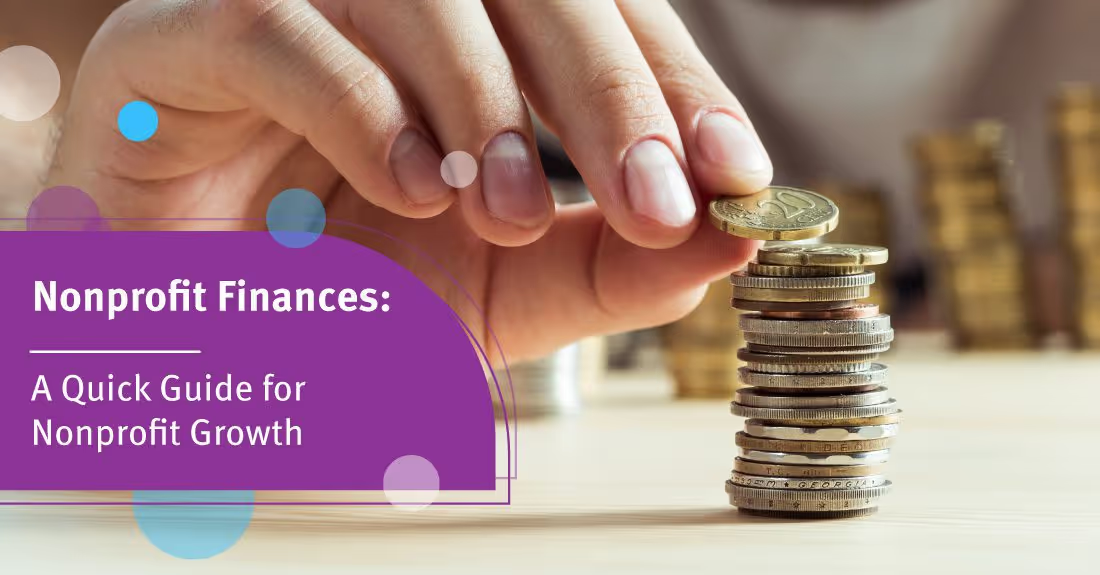



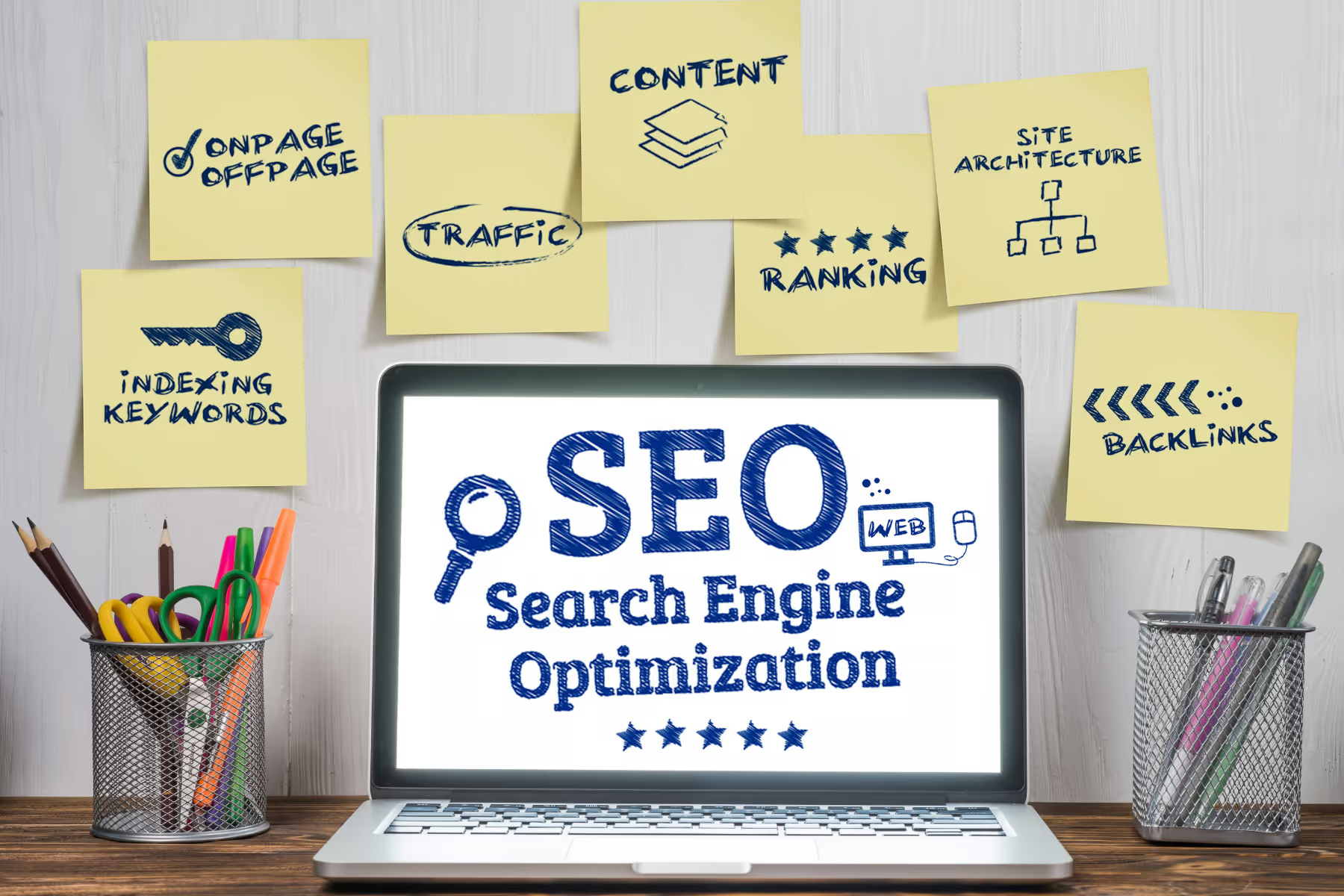




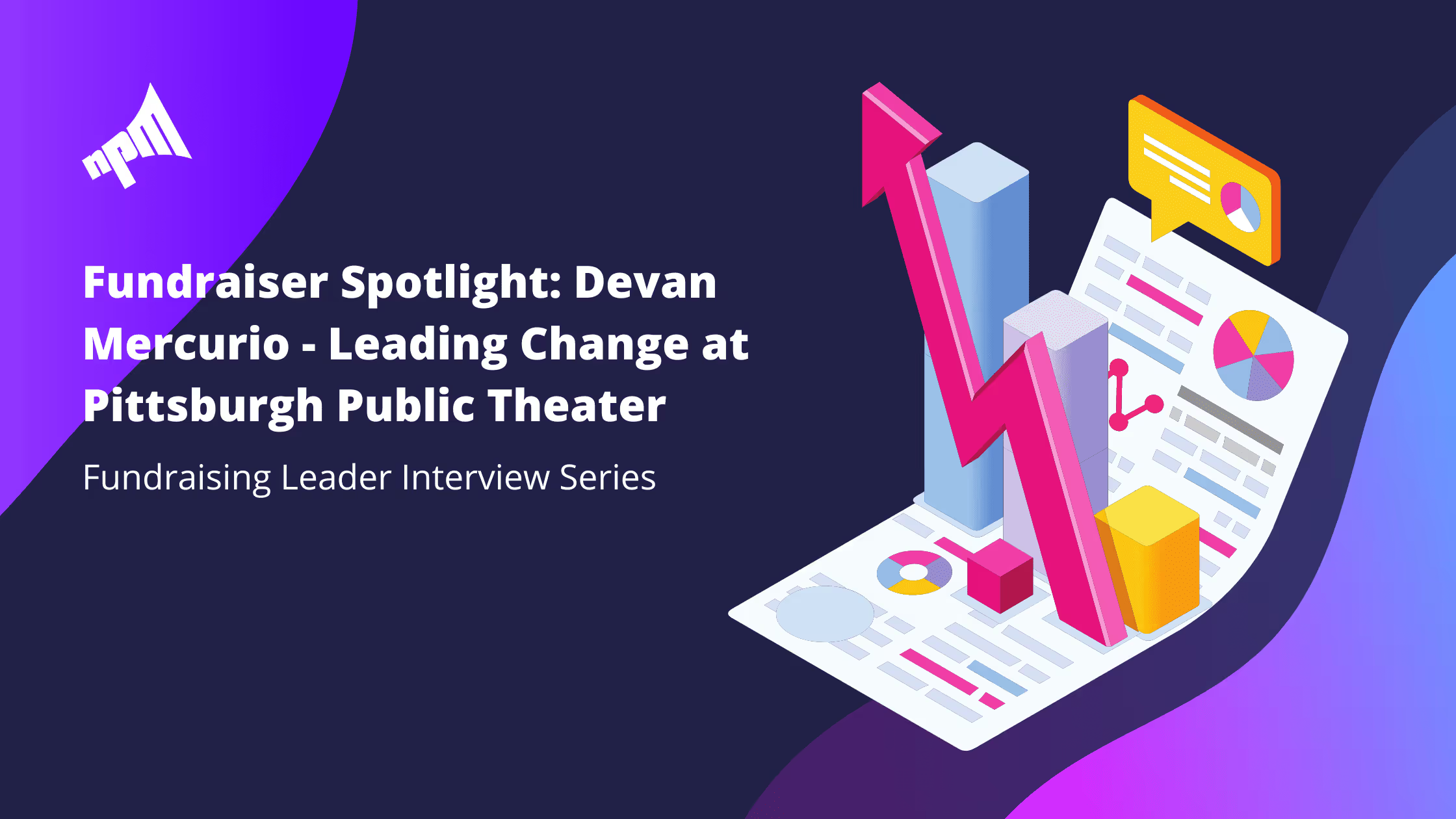


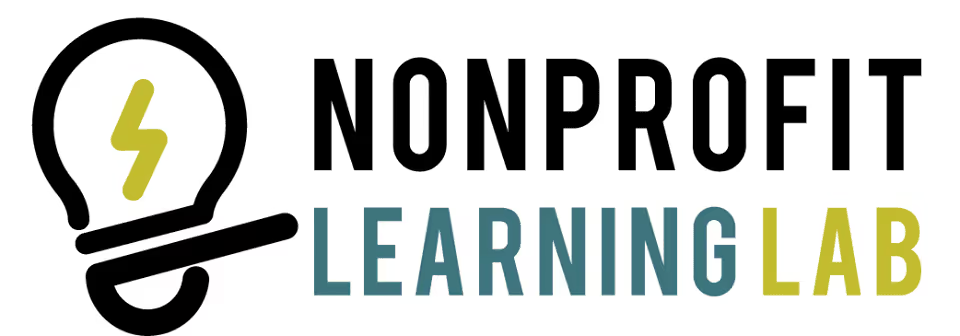













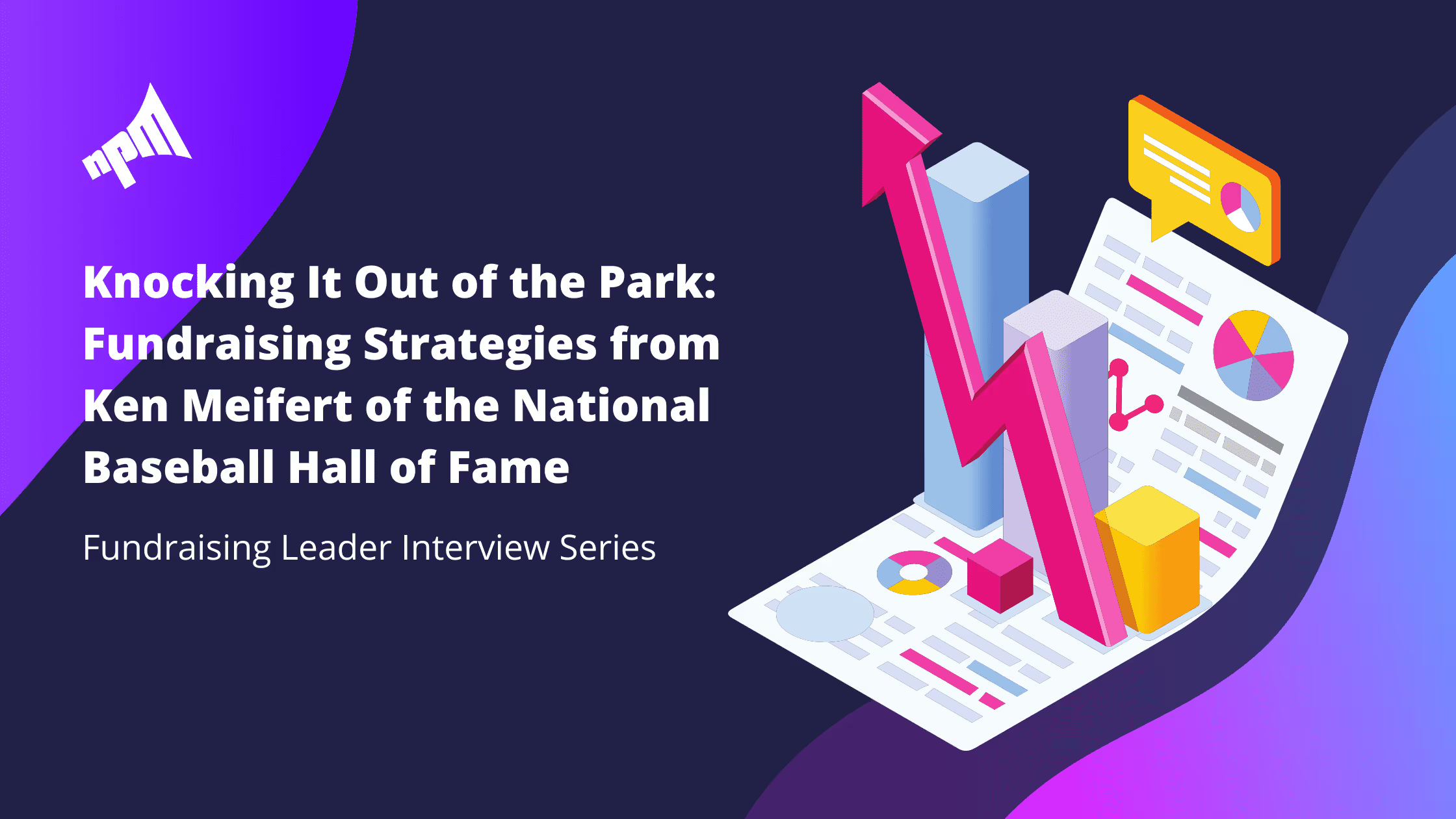





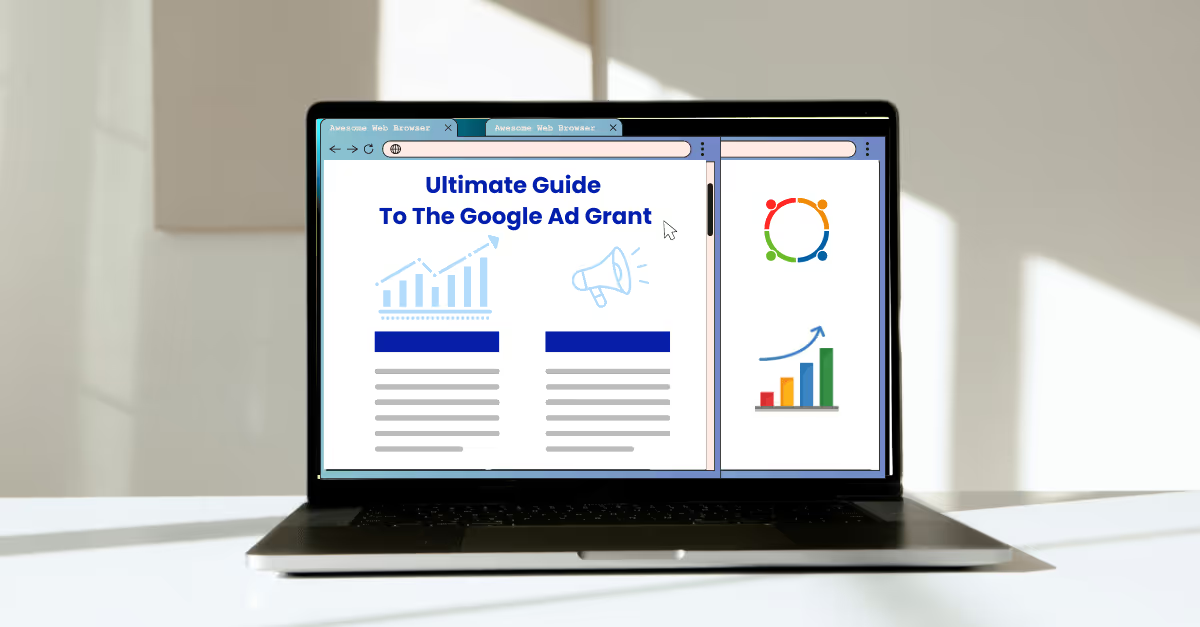

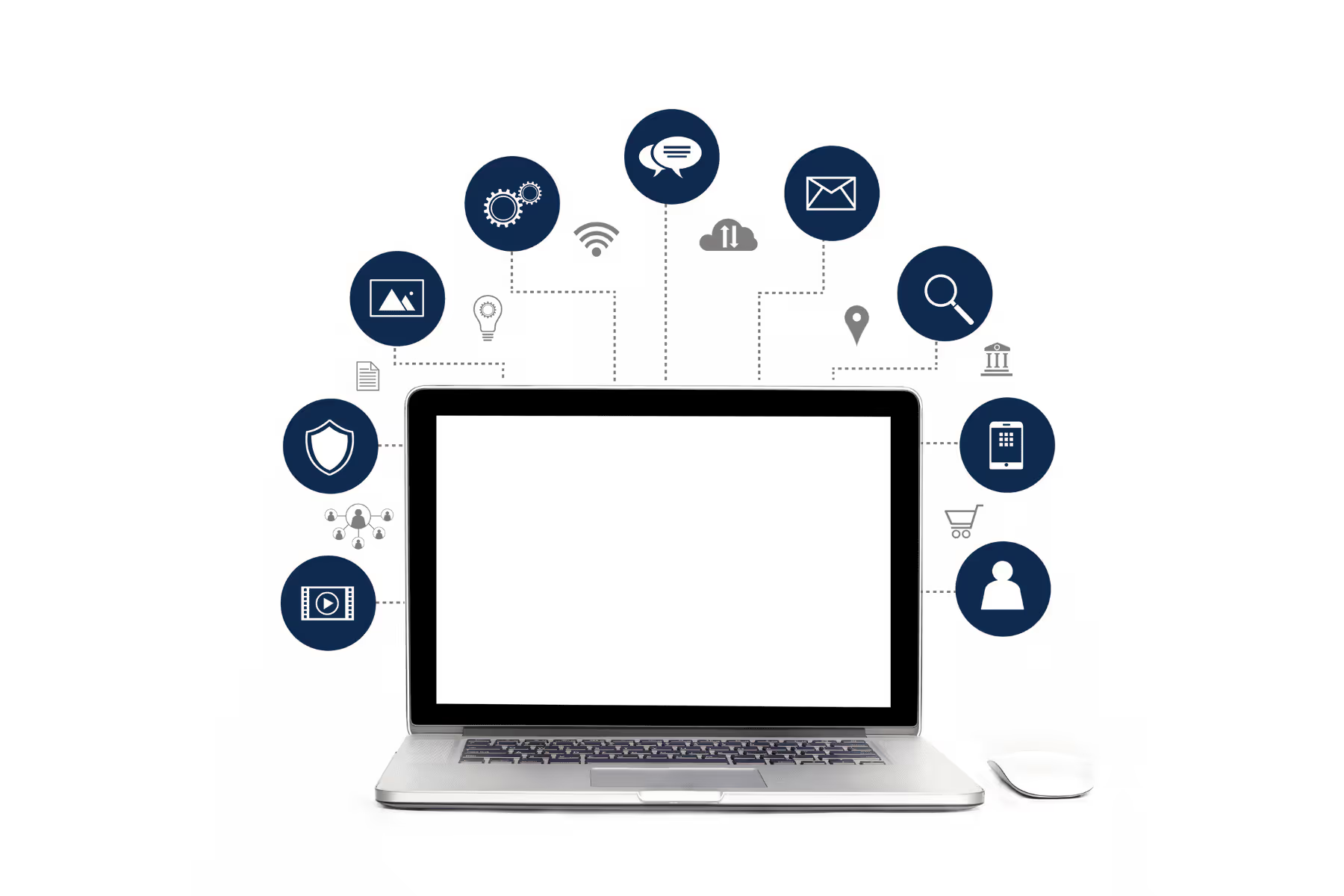
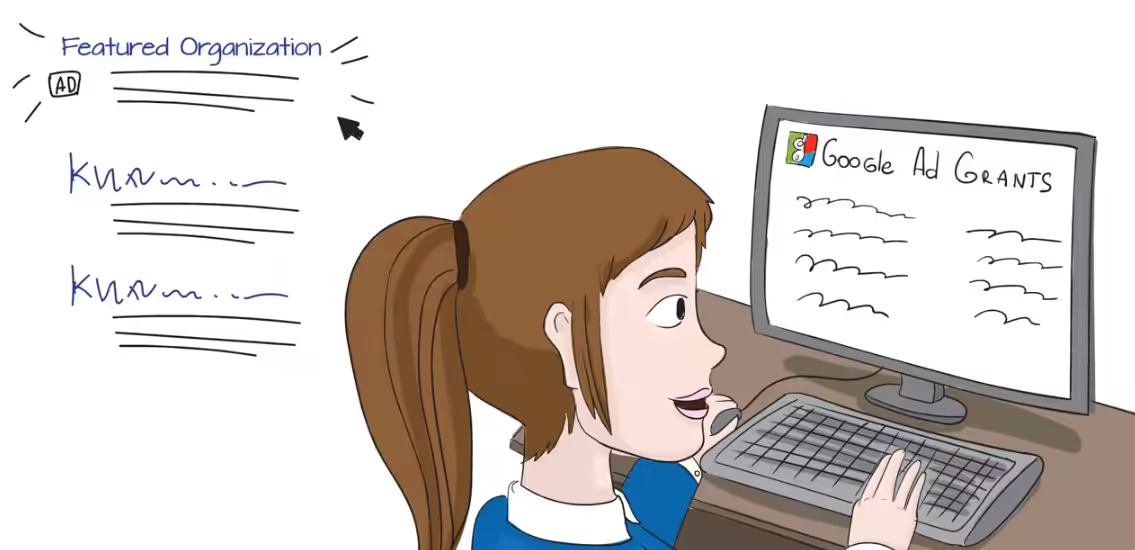





.svg)
.svg)
.svg)
.svg)